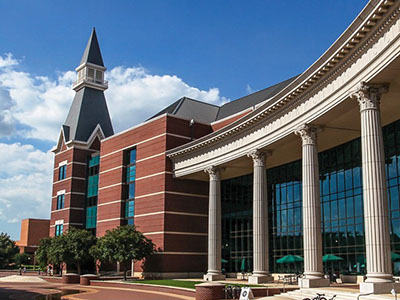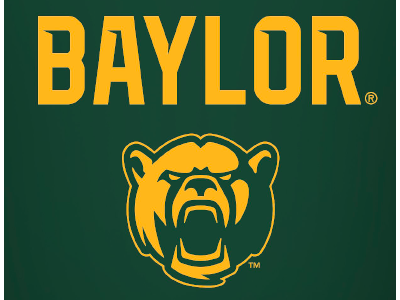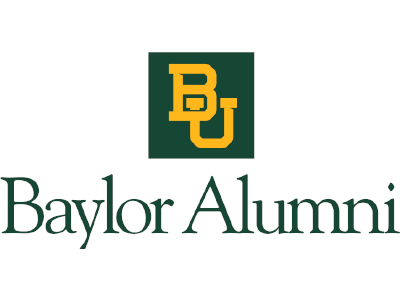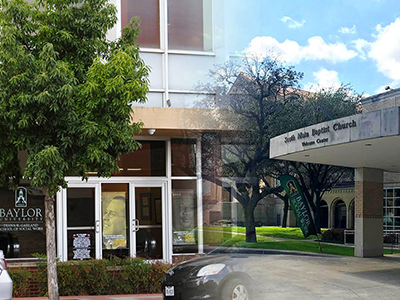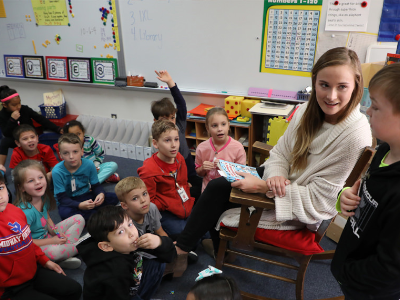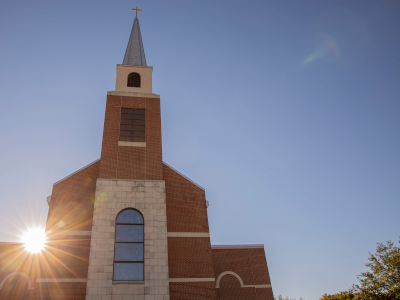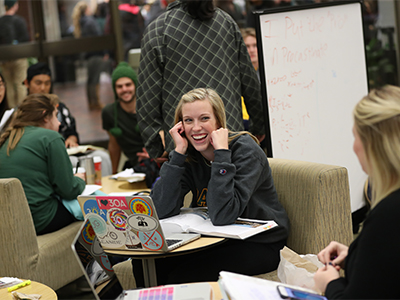Established in 2004, Baylor University’s Medical Humanities Program was one of the first U.S. baccalaureate degree-granting programs in this field. Other Medical Humanities programs are rapidly emerging across the United States, with now over 55 universities offering qualifications in the form of minors, certificates, and concentrations. However, Baylor University’s Medical Humanities Program remains one of the largest and most well-respected Medical Humanities Program in the nation.
Our program is a distinguishing feature in the minds of prospective students with an interest in healthcare, making us a key player in the recruitment of high-ability students who plan to pursue medical careers. We provide a wide range of opportunities and experiences that contribute to the professional formation of prehealth students across the university. Post-graduation, our program serves as a focal point for graduates to remain connected and engaged as alumni. Events such as the Medical Humanities Retreat, distinguished guest speakers, and other special events serve a constituency much larger than our 250 majors. These programmatic offerings have a significant impact on students in all stages of engagement with Baylor in disciplines that range across the university.
At the core of this program is our belief that the ongoing crises in healthcare and medical professionalism can be addressed by educating a generation of leaders whose faith is incarnated through academic excellence, intellectual curiosity, and dedicated service. In short, we offer a Christian commitment to training students to recognize and affirm that the practice of medicine is a sacred enterprise.
Why Your Gift Matters
As the program continues to grow in size and prominence, it is vitally important that we continue to provide amazing opportunities for our students. Your support can help make a large impact in the lives of our students.
How Your Gift Will Make A Difference
Gifts towards the Medical Humanities Excellence Fund will help support important programs and initiatives, such as our annual symposium, annual retreat, and lecture series. Gifts will also be used to help provide support for our volunteer program, which allows over 100 students per year to volunteer at the Family Health Center.
Give now by clicking on Make A Gift at the top of this page and share your excitement on social media using #BaylorGives to encourage your friends, family and followers to make a gift as well!
Read more about Dr. Lauren Barron's keynote address at Mayo Clinic
Written by Megan Feikema
Mayo Clinic’s annual Humanities in Medicine Symposium was held this October at the Mayo campus in Phoenix, Arizona. This gathering is designed to bring artists, humanists, and healthcare providers together to showcase research and best practices surrounding the intersection of arts and humanities with healthcare. The aim is to identify ways in which health, humanities, and the arts can provide valuable teaching tools for healthcare professionals.
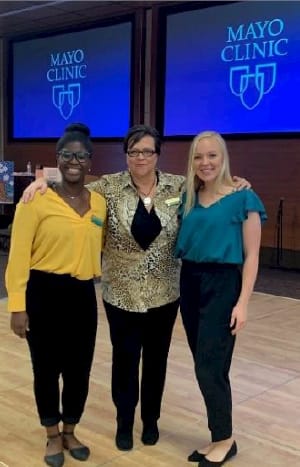 Dr. Lauren Barron with Deborah Otuno and Jada Rosa, current MH students!
Dr. Lauren Barron with Deborah Otuno and Jada Rosa, current MH students! Our own Dr. Barron was a keynote speaker at the symposium. Her talk was entitled “Why Day One of Medical School is Too Late to Make a Good Doctor”. Dr. Barron—as always--focused on the importance of the human experience (as opposed to medical science and technology) as central to healthcare. She told stories about how the humanities have shaped her own education and medical practice, about the importance of the humanities in the training of doctors and how Baylor’s Medical Humanities Program is equipping students who want to work in and around healthcare. She puts it this way: “If you don’t know about human nature, you’re not going to know how to take care of humans. And if you are not exposed to the humanities, you are missing out on a tremendously rich source of wisdom about human nature.” Dr. Barron believes that the most crucial time to lay this foundation is during the university years.
She goes on to say that “technology and science alone will never solve our patients’ problems. We have to learn from the tradition of the humanities; from literature, religion, philosophy, and history about human nature so that we can understand it well enough to take care of our patients.”
Dr. Barron was joined by two of her students, Jada Rosa and Deborah Otuno, who shared the impact that the humanities have had on their education and preparation for careers in healthcare.
Says Deborah Otuno, “I really enjoyed being able to go to the program because it taught me medicine goes beyond the sciences. Medicine requires that physicians hear and understand their patients. Unless both are done, the doctor-patient relationship won’t work. I also learned that ‘we can only act in the world we see’. How a physician sees the world will impact the care of their patients; therefore, physicians must be willing to understand that medicine is holistic, encompassing several aspects of society, so they can approach their patients with a holistic plan.”
Jada Rosa adds that “the Humanities in Medicine Symposium was an eye-opening experience. We connected with physicians, artists, and professors from around the world who were dedicated to humanizing health care. The Symposium gave me a vision of what health care can be if we only let the human side of medicine flourish.”
